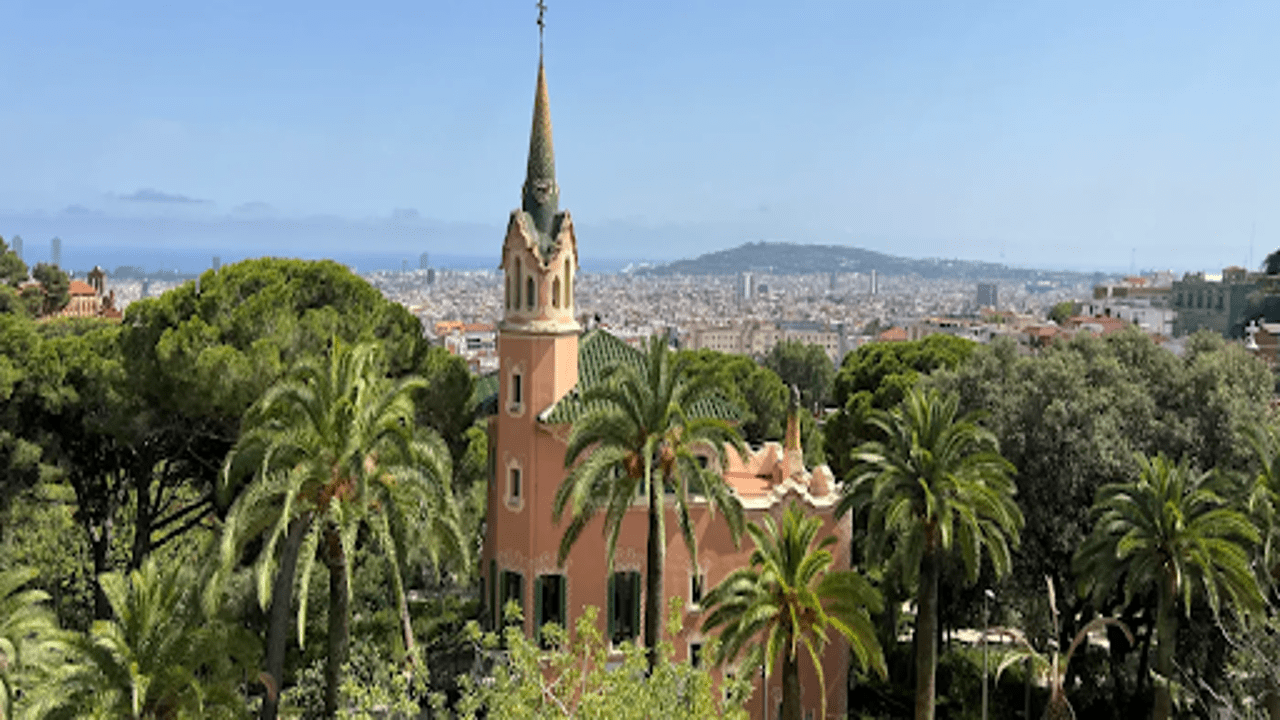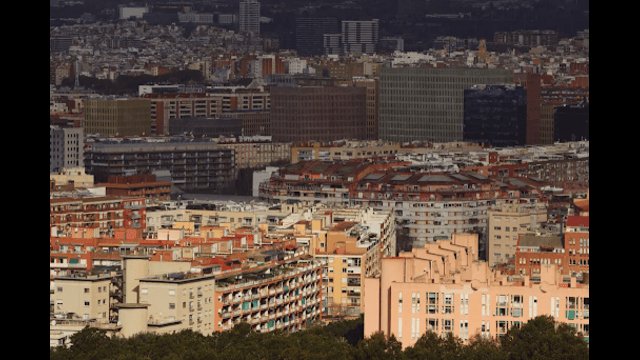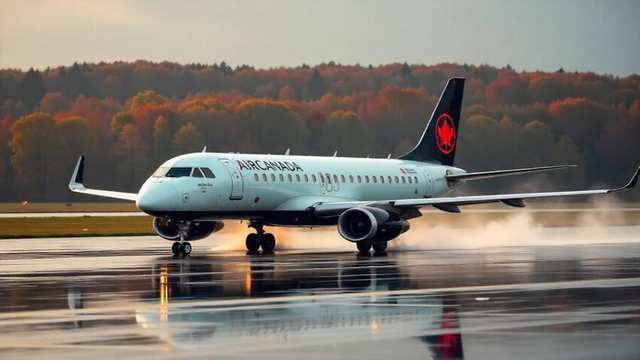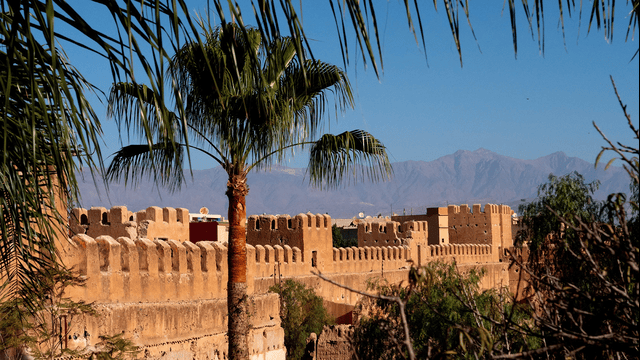
View of Barcelona from Park Güell. Photo: Travelpulse
In an effort to manage the effects of overtourism, Barcelona is planning to significantly increase the tourist tax for cruise passengers who stay in the city for less than 12 hours. This move is part of a broader strategy to address the challenges of high tourist numbers and their impact on the local environment and infrastructure.
Barcelona Mayor Jaume Collboni announced that the tax for these short-stay cruise passengers will be raised, though he did not specify by how much. Currently, the tax stands at €7 (about $7.60). This fee is imposed on passengers who visit the city briefly, often just for a few hours, without contributing significantly to the local economy.
Collboni explained that the increase in tax is a response to the intensive use of public spaces by these visitors. He noted that while these short-term tourists do not stay overnight or spend much, they still contribute to a sense of overcrowding and place pressure on city resources. “We want to have tourism that is respectful of the destination,” Collboni said, emphasizing the need for a more balanced approach to tourism.
The proposed tax hike will require approval from the Catalan regional government before it can be implemented. This change is part of a broader set of measures aimed at curbing the negative effects of mass tourism in Barcelona. Alongside the increase in tourist tax, the city has also announced plans to ban short-term apartment rentals by 2028, in response to growing concerns from residents about the impact of temporary visitors on their neighborhoods.
Barcelona’s popularity as a tourist destination has continued to grow, with the city welcoming over 12 million visitors in 2023. Officials anticipate that this number will rise in 2024, adding more pressure on local services and infrastructure. In response, locals have been increasingly vocal about the need to address the issues related to overtourism. Protests have included unusual demonstrations such as using water guns on tourists and taping up hotel exits to prevent guests from leaving.
By implementing these new measures, Barcelona aims to strike a balance between benefiting from tourism and maintaining the quality of life for its residents. The goal is to create a more sustainable tourism model that respects the city’s resources and improves the overall experience for both visitors and locals alike.















